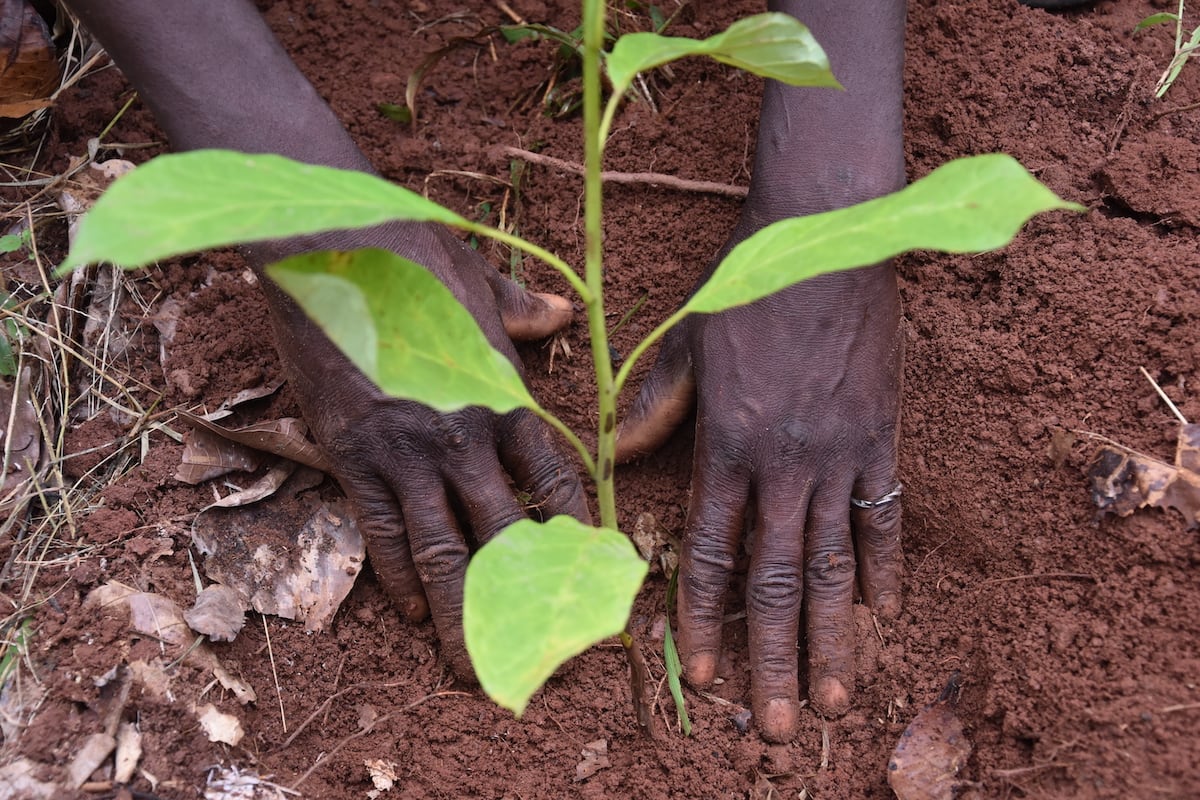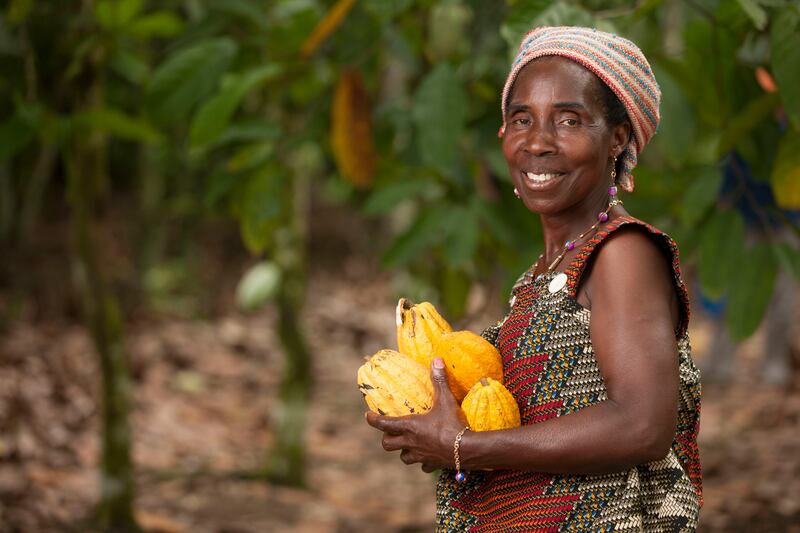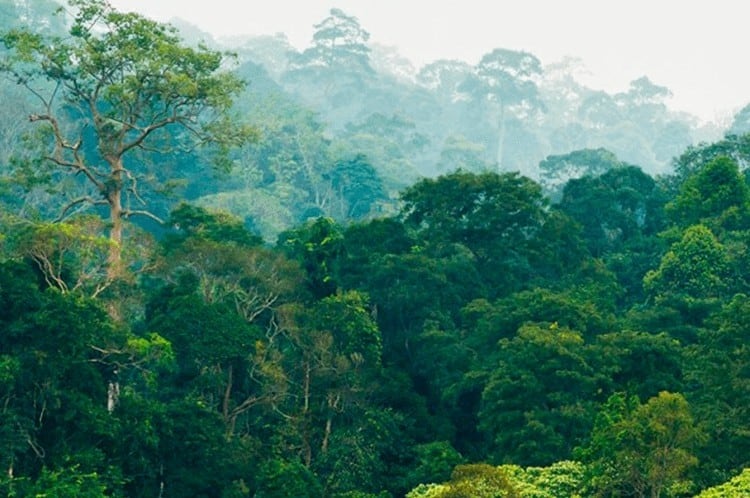The announcement was made in Paris this week at the launch of a unique immersive and interactive cocoa exhibition, showcasing cocoa from growing the beans to the company’s latest innovations to promote its Cocoa for Generations programme and its commitments and initiatives.
EU deforestation legislation comes a step closer
The timing of the Mars Wrigley announcement follows news the European Parliament voted last month to approve (with some amendments) a draft law, put forward by the European Commission, that will require companies to ensure the products they sell in Europe are not driving deforestation or human rights abuses.
The regulation’s final text will now be negotiated jointly by the EU’s three institutions, the Council, Commission and Parliament, before final legislation is passed and is expected to recommend a cut-off date of December 31, 2019, meaning any forest-risk commodity produced on land deforested after that date cannot not be sold on EU markets.
Mars Wrigley said it will be a key milestone and means the company will purchase a volume of responsibly sourced cocoa equivalent to the volumes used in its European production, which includes factories in Haguenau (France), Janaszówek (Poland), Slough (UK), Steinbourg (France), Veghel (Netherlands) and Viersen (Germany).
We're getting there actually faster than we thought we would, and it actually meets those EU due diligence requirements -- Inge Jacobs
The company clarified that by claiming ‘responsibly sourced cocoa’ in connection with a product, such as Snickers, M&Ms, Mars, Dove/Galaxy, Maltesers and Milky Way, the company “means that it has sourced enough cocoa originating from farms benefiting from its Responsible Cocoa programme to meet the product’s production needs”.
Inge Jacobs, Senior Director of Human Rights and Social Impact, Mars Wrigley Global, told this publication its Cocoa for Generations was implemented before the EU due diligence legislation (see panel) was being discussed but said the whole sector has moved in the same direction and EU coming on board “is a good thing”.
“We started working back in 2018 to reach our target of 100% responsibly sourced cocoa by 2025. The announcement we're making now for Europe by 2023 is because we're getting there actually faster than we thought we would, and it actually meets those EU due diligence requirements.
“The final legislation is not there yet, but we know more or less what it's going to ask from us about traceability about due diligence … putting in place the systems to monitor for child labour, forced labour, deforestation …. So all that is part of our Cocoa for Generations - and the great thing is, we're very aligned and this is actually what we're working towards.”
Benjamin Guilbert, Vice President Procurement at Mars Wrigley Europe, CIS & Turkey, also told ConfectioneryNews there is a high degree of sensitivity from the European consumer on sustainability. “At a global level, we are sourcing from 13 different countries, but for Europe in particular, most of our cocoa beans are predominantly coming from the Ivory Coast and Ghana. We've got a full plan in place to make sure that what we actually buy is responsibly sourced.”
This transition to 100% responsibly sourced cocoa is a key part of Mars Wrigley’s Cocoa for Generations Strategy, which was established in 2018 with the aim of delivering real, lasting positive change across the supply chain for future generations. It focuses on the critical issues in the cocoa sector including protecting children from child labour, preserving forests, and improving farmer income.
Guilbert said: “Achieving 100% responsibly sourced cocoa for our European factories will be a huge milestone for the business. Cocoa is key to our global chocolate brands and to the livelihoods of an estimated 350,000 cocoa farmers in our supply chain. As one of the world’s largest buyers of cocoa, we have a responsibility to help drive positive, long-lasting, systemic impact to support the farmers and communities in our supply chain.”
As outlined in its latest Cocoa for Generations update report published last month, Mars Wrigley said it is on track to reach its global goal of 100% of its cocoa being sourced through its Responsible Cocoa program and traceable to first point of purchase by 2025.
Jacobs said: "We have a set of criteria and requirements … and one of the criteria, for example, is there needs to be a child labour monitoring and remediation system in place. Then on deforestation we want all the farms to be mapped. We want to know exactly what the polygon map is of size of the farm where the cocoa is coming from and there's also an element of paying premiums to the farmer – and we want to make sure that we see the verification and the tools to show us the receipts that the farmers, actually did get the premium."
Mars Europe’s verification process is robust and conducted by independent bodies, like the Rainforest Alliance, but it is still a complicated process, she said.
Guilbert said Mars pays market price for its cocoa from West Africa, which is topped up by premiums and it works closely with its suppliers and partners, including governments and NGOs, along with its own teams on the ground to make sure its cocoa coming into Europe from West Africa is sustainably sourced.
As of the end of 2021, 61% of the company’s global cocoa was sourced through the Responsible Cocoa programme, with 44% of its global supply traceable to farm boundaries from first point of purchase.
"We know there is much more work to be done, but we are determined to continue working in collaboration with key partners to create a modern, inclusive, and sustainable cocoa supply chain - one where the environment is protected, human rights are respected, and everyone has the opportunity to thrive," said Jacobs.



